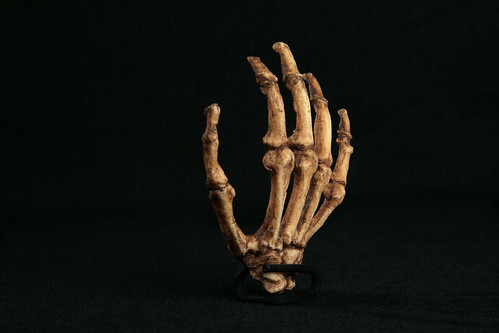Course syllabus
|
Well-being always comes first We all go through tough times during the semester, or see our friends struggling. There is lots of help out there - for more information, look at this Canvas page, which has links to various support services in the University and the wider community.
|
| Convenor: Dr. Heather Battles | Tutor: Sarah Karstens | |
| h.battles@auckland.ac.nz | skar034@aucklanduni.ac.nz | |
| Office | SSB 718 | SSB 706 (BioAnth Lab) |
| Phone | Ext. 87447 | |
| Office hours | Wed. 4-5pm | Wed. 2-3pm |
Points: 15.0
Prerequisites: 30 points of Anthropology or 60 points passed
Lectures: Wednesdays 3-4pm in 201N-352 (Social Sciences Building – Te Puna Mārama room 352)
Labs: Thursdays and Fridays in the Biological Anthropology Lab (Social Sciences Building – Te Puna Mārama room 706). See your individual timetable for your lab time. Labs are 2 hours long.
Description: This course explores issues fundamental to understanding humans’ place in nature from a biocultural perspective. What do we share with non-human primates, particularly apes, and how are we different? What led to the evolution of bipedalism, large brains and language? How do we define species in the fossil record? How can we reconstruct ancient diets and ecologies? What is the basis for the modern human life history pattern of long childhoods and grandparenthoods? The course will examine how new discoveries and advancements in biology are reshaping understandings of our evolutionary history.
Combining approaches from paleontology and archaeology, genetics, primatology, and ecology, we will explore hypotheses, theory, methods, and evidence through lectures, films, readings, discussions, and hands-on work with fossil casts and other materials in the lab. In labs you will have the opportunity to interact with and learn from our collection of fossil casts and other materials, adding to and reinforcing information and concepts presented in lecture. We will focus on building skills in evaluating not only primary evidence (e.g. fossil morphology) and its scientific interpretations (as presented through scholarly writing), but also the presentation of this work in popular media.
This course is intended to build on the skills and knowledge gained in ANTHRO 102. Please consult with Dr. Battles if you have not taken 102.
Course goals: To develop, enhance, and improve your
- Understanding of human evolutionary history and processes
- Understanding of the theories, methods, and techniques used by biological anthropologists
- Skills involved with reading and understanding scholarly literature
- Critical thinking abilities
- Ability to incorporate new evidence with existing knowledge
- Ability to synthesize and present scientific information
Course questions and themes: This course focuses on five main questions/themes:
- How do we define a species?
- Why bipedalism?
- Why the large brain?
- The role of climate change
- Biocultural evolution
Employability skills
- Analytical skills: thoroughly and systematically assessing both primary data and secondary sources, identifying issues, strengths and weaknesses, and future needs.
- Research skills: conducting independent research on a topic, finding and assessing appropriate sources.
- Writing skills: synthesising and presenting complex technical information in coherent and concise prose, with correct attribution, developing a logical argument.
Download PDF of full syllabus: Anthro 201 Course outline_Battles_2019.pdf
Course summary:
| Date | Details | Due |
|---|---|---|
